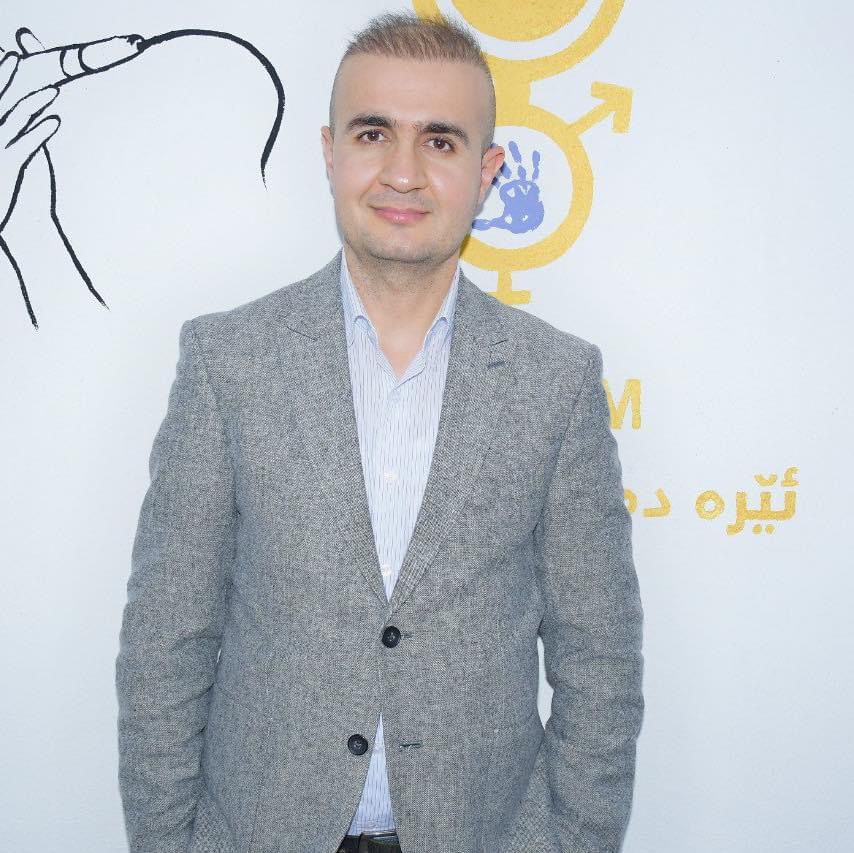By Payraw Anwar
According to liberalism theory in international relations theories, the state is not the only and key actor in the international community; non-state actors also play an important role and are key actors in influencing global politics. The main question is: who are the non-state actors? Non-state actors include regions like KRI/ Iraq’s Kurdistan, Quebec in Canada, Bask and Catalonia in Spain, multinational corporations like British Petroleum, international governmental organizations like the United Nations, and international organizations such as Human Rights Watch and Amnesty International. These actors are not states, but they contribute to changing and encompassing international interactions in terms of politics, economics, and diplomacy, whereas realism theory in international relations solely regards states as the primary actors in global politics. In this view, the state is the primary source of power and hegemony; it serves as the system’s backbone by dividing roles, norms, and regulations.
KRI as a non-state actor
Since the collapse of the former Iraqi regime, KRI has become a de facto region based on the permanent Iraqi constitution, which the majority of Iraqis voted for in 2005. The region-KRI has the right to establish diplomatic relations with the international community through the Iraqi state and to participate in international conferences. From that perspective, KRI, as a non-state actor, has participated in the majority of international forums at both the regional and international levels since 2010. On the other side, KRI established and opened 14 foreign relations departments in various countries throughout the world, including the United States and EU countries. Thus, over 35 countries have opened general consulates or foreign relations offices in Erbil, including the five permanent members of the United Nations Security Council: the United Kingdom, the United States of America, the Republic of France, the People’s Republic of China, and the Russian Federation. All of this illustrates that KRI has been recognized as a non-state actor by the international community.
KRI and International community
The World Economic Forum and the Munich Security Conference are two significant platforms where world leaders, top officials, and public figures gather each year to examine recent political and economic developments throughout the world. Especially the Munich Security Conference, which covers all security-related areas, from traditional understanding to security to cyber security and artificial intelligence. This year, KRI participated in both conferences and forums, represented by both the KRI President and the KRG Prime Minister.
This type of KRI presence in Europe promotes KRI-EU relations because it is difficult to establish diplomatic relations with different European countries when one is not an independent state. We are a non-state actor, as previously stated, so it is difficult to enter into the diplomatic map with no independent entity in international relations, as the central government normally and always fulfills this work.
As a result, central governments make foreign policy; KRI is expanding its diplomatic ties in an unstable and uncertain globe. The region/Middle east is plagued by conflicts. In this situation, nothing is better than diplomacy with the world community. More importantly, for Kurds and the KRI/Kurdistan region of Iraq.

